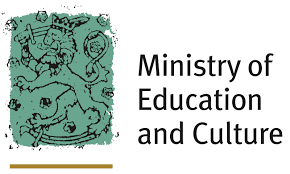FDA - Finnish Design Academy
Design involves multidisciplinary technology, business operations, as well as activities that integrate art and cultural and societal competence and insight. For design education to meet the expectations of industry and society, all these rapidly changing areas must be developed. Material-based design will expand to digital content and user interfaces as well as intangible services. Design will expand from specialized professional competence into more generalized creative innovation activity that identifies opportunities and solves problems. As this happens, the designers are no longer in the role of “doers” alone but also become “coaches” and “promoters”. The development of production technologies will make it possible to apply more flexible production methods and meet more individualized needs. Designers will face global and local ethical challenges due to the ecological and social impacts of production and consumption.
Higher-level education in design is provided by two academic universities and seven universities of applied sciences. Each unit has their own areas of specialization and related strengths, but maintaining up-to-date competence and developing it extensively and reaching the international top in selected areas is challenging for small units, in particular.
Turku University of Applied Sciences, a higher education institution of technological innovation for the future, finds it very important to continue to include design competence as part of the national programme for design, even though the educational responsibility for design no longer exists. Instead, we have a new and unique design integration in technological education, as well as the Design Thinking research group focusing on the expanded opportunities provided by design. This project will also help us develop this unique design education and design-related collaboration, while also raising our differentiated profile.


